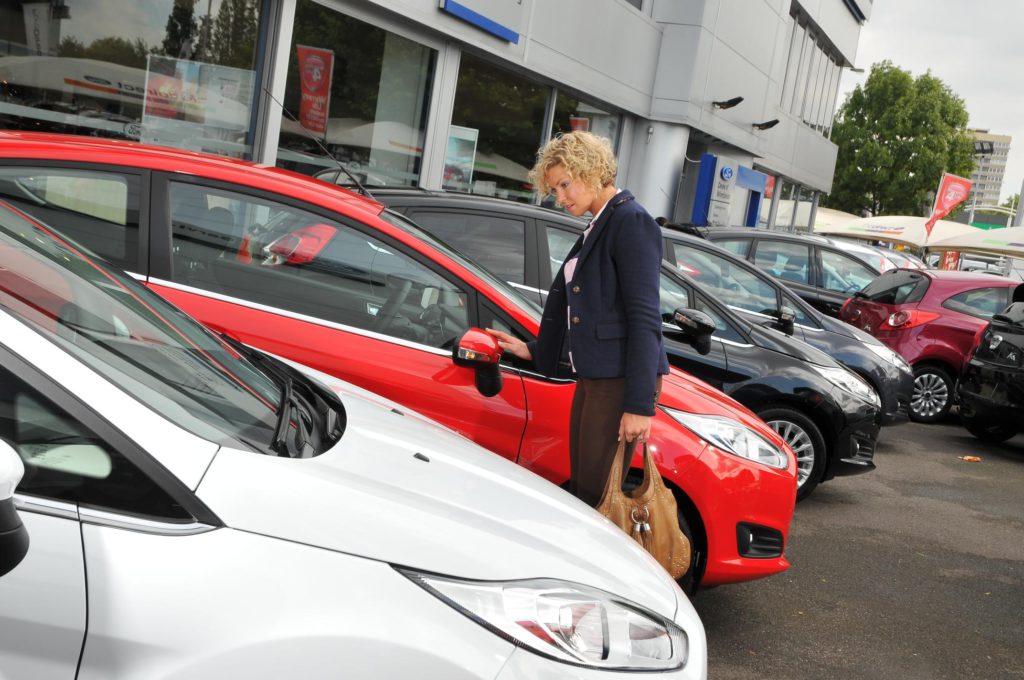Used car market to be UK automotive industry’s growth generator in 2019
27 November 2018

27 November 2018
Demand for vehicles and finance during 2019 will see the used car market in the UK become the automotive industry’s ′growth engine’ according to experts.
The new car market is currently suffering from a number of challenges, with the impact of WLTP causing sales to fluctuate and supply levels to become erratic, while economic uncertainty over Brexit and negative messages about diesel also add to the current instability. However, the outlook for the used car market is positive, especially as finance penetration grows.
Delegates at the recent Vehicle Remarketing Association’s ′Challenges of 2019′ seminar heard that while consumer finance for new cars has reached 90% penetration, it is nearer 50% for the used car market, but demand is rising.
The size of the potential used car finance market could dwarf the new car sector; the annual used vehicle market is four times the size of the new car market, meaning finance levels in the two sectors are already nearing parity, despite lower levels of used car finance penetration.
According to the Finance and Leasing Association, the value of finance advanced to consumers for new cars for the year to the end of September 2018 was £19.3 billion, a rise of 2%. Growth was limited because the number of new cars financed fell 5% to 963,771, so the rise was driven by vehicle price inflation.
By contrast, the used car market saw 14% growth in the amount of finance agreed to £17.2 billion, which funded nearly 1.5 million cars, a rise of 8%.
Glass’s view
Speaking about the potential position of the used car market, Jayson Whittington, chief editor, Cars & Leisure Vehicles, Valuations at Glass’s, comments: ′In January of this year the Glass’s editorial team predicted that 2018 would be the year that the ′used car was king’, a slogan coined by Jonathan Brown, one of my editors. He was certainly right. I think 2019 will be just as strong.’
′There is currently no shortage of used cars but demand at times throughout the year has outstripped supply. Sales of new cars have been down for the past couple of years, and it seems that many consumers are turning their attention to used cars, with political and economic uncertainty leading to more cautious spending.
′There has also been a high level of negativity towards diesel, which has affected sales in the new market. By contrast, diesel is booming in the used market. It almost seems that the message is, you must not buy a new diesel, but it is ok to buy used. It is conceivable that demand may rise further.
′CO2 increases following the introduction of WLTP testing have impacted Benefit in Kind taxation for company car users. It is likely that some wishing to run a diesel company car, may instead choose to take a cash alternative, if they can, and buy their own used diesel. This will, of course, increase the demand for diesel in 2019, but it will be 2020 where supply may become problematic, as this will be the first year that feels the impact of the diesel decline in the new market in 2017, where 219,000 fewer diesel cars were sold than the previous year.’
Supply and demand
The challenge facing dealers in the next year will be finding the right used vehicles to match potential demand, delegates were told. An increasing proportion of car buyers are opting for premium brands, which now account for a quarter of the new car market.
Buyers are increasingly competing on a national basis as they turn to online channels for vehicle sourcing, with BCA reporting that one-third of its one million annual vehicles sales are now through digital channels.
For sellers, including finance companies that take residual value risk, such as leasing providers, the ongoing challenge will be extracting the maximum value from each vehicle at sale time.